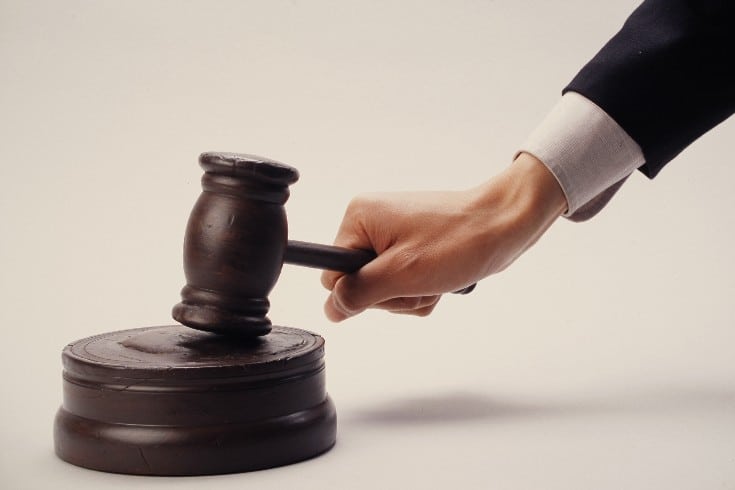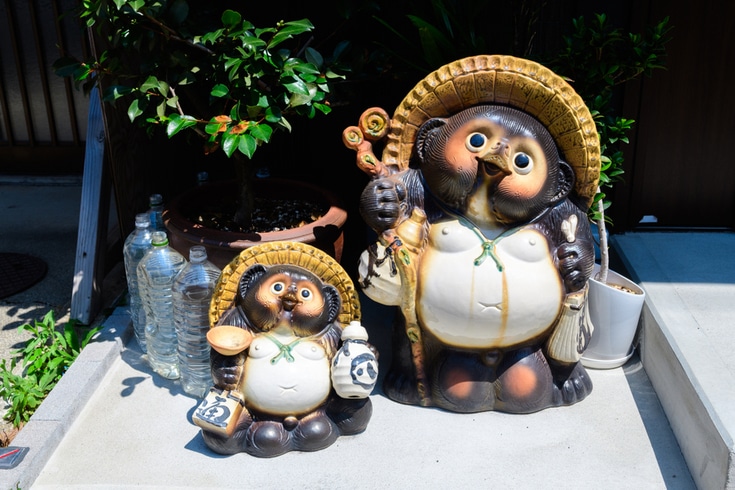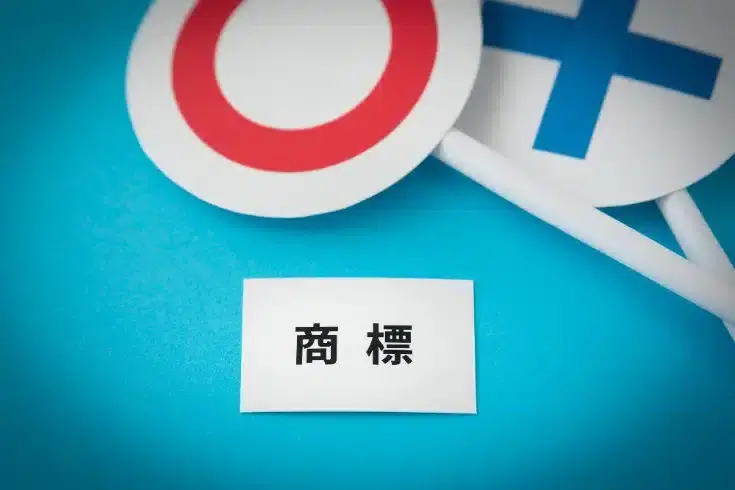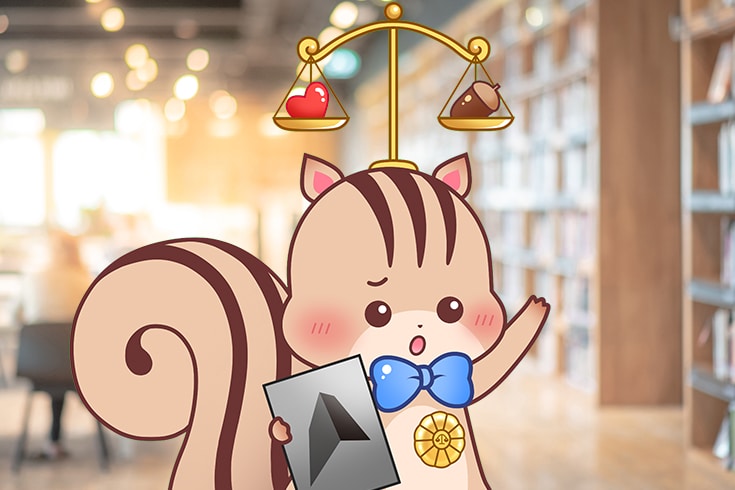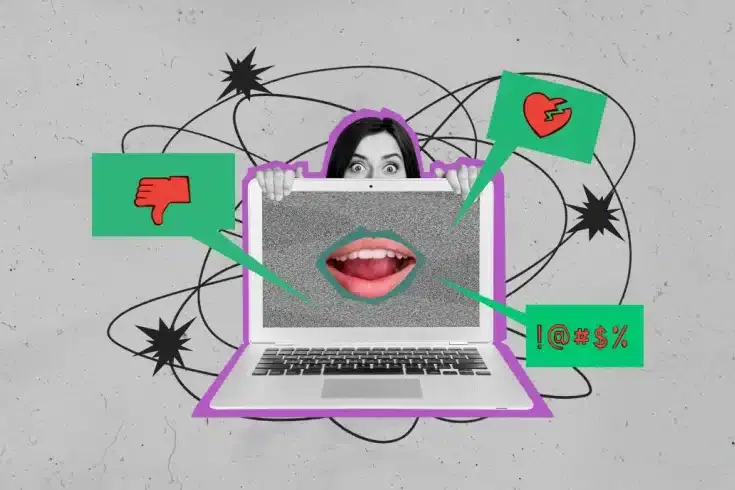Copyright Issues of Texts and Emails Published on Blogs, Bulletin Boards, and Other Online Platforms
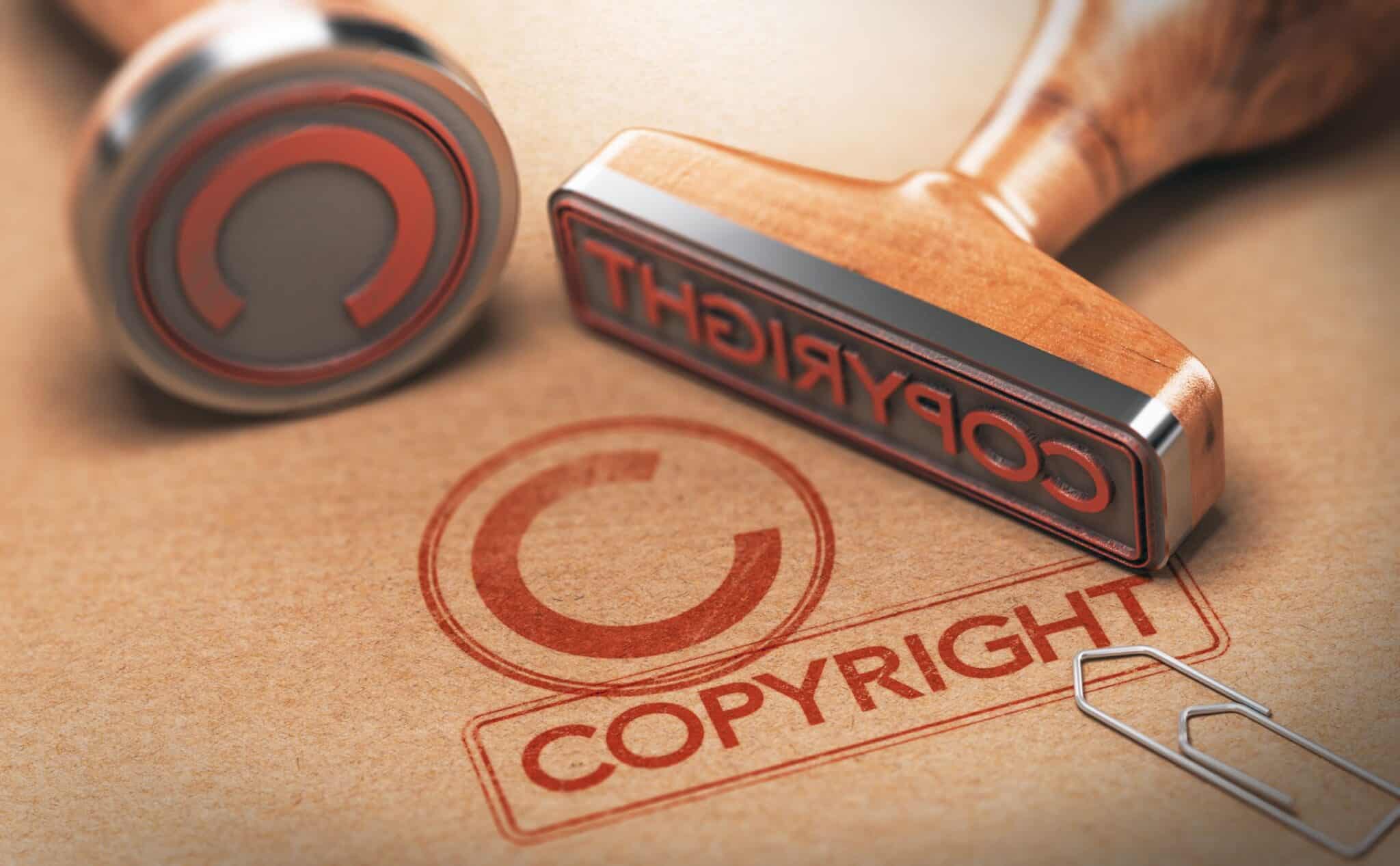
When an individual writes a piece of text, “copyright” is generated. If someone else reproduces a text written by another person, in other words, a text that is copyrighted, without permission, it results in a copyright infringement issue. In this sense, the person who wrote the text has the right to “exclusively” control the publication of that text.
However, this also means that if someone writes a certain text, no one else is allowed to write the same text. For example, if copyright is applied to a simple fact like “The weather on a certain day in Reiwa (Gregorian calendar year) was sunny, with a temperature of 23.4 degrees and a humidity of 50%”, no one else would be allowed to write the same sentence. This can clearly be seen as inconvenient.
Copyright is not granted for all types of texts. In legal terms, this is referred to as “copyrightability”. The condition for a text (or something similar) to be granted copyright is that it is recognized as having “copyrightability”.
To what extent is the copyrightability of various texts seen on websites and other platforms recognized? In this article, we will introduce cases where the copyrightability of court hearing records, anonymous posts on internet bulletin boards, job change information, and emails was questioned.
In the Case of Court Hearing Records

The plaintiff published a court hearing record online, and an article based on this record was reproduced and posted on a blog without permission. The plaintiff claimed that this infringed on their copyright to the hearing record, and demanded that the sender’s information be disclosed and the article be removed from ‘Yahoo! Blog’.
The plaintiff had attended and recorded the witness examination at the fourth trial date of the securities trading law violation case against Takafumi Horie in the Livedoor case, which was held at the Tokyo District Court. This record was published online, and a third party reproduced it without the plaintiff’s permission on a ‘Yahoo! Blog’ titled ‘Yahoo! Blog – Livedoor Victim Diary’.
The first instance court rejected the claim on the grounds that the plaintiff’s hearing record did not fall under the ‘works’ stipulated in Article 2, Paragraph 1, Item 1 of the Japanese Copyright Law. The plaintiff appealed, and in the appeal court, the court referred to Article 10, Paragraph 2, Item 2 of the Japanese Copyright Law, which states, ‘News reports and current affairs reports that merely convey facts do not fall under the works listed in the preceding paragraph.’
In descriptions using linguistic expressions, if the content of the expression is solely ‘facts’ (in this case, ‘facts’ refer to specific situations, conditions, or existence, such as ‘who said what, when, and where’, ‘something exists’, ‘the condition of something is such’), and these facts are narrated as they are without inserting any particular evaluation or opinion, it should be considered that the describer’s ‘thoughts or feelings’ are not expressed.
Intellectual Property High Court, December 11, 2008 (2008)
Based on this, the court examined in detail the creativity of each description in the plaintiff’s court hearing record (the plaintiff’s hearing record), denied its copyrightability, and rejected the request for information disclosure and article deletion. A ‘work’ is defined as ‘something that creatively expresses thoughts or feelings’ (Article 2, Paragraph 1 of the Japanese Copyright Law), and creativity is required as a condition. However, it should be noted that this does not deny the copyrightability of court hearing records in general.
https://monolith.law/reputation/disclosure-of-the-senders-information[ja]
https://monolith.law/reputation/provider-liability-limitation-law[ja]
Case of Posting on an Internet Bulletin Board

There was a case where plaintiffs who posted articles on a bulletin board on a website claimed that their copyright was infringed when the defendants reproduced (reprinted) part of the same articles to create a book and published it. The plaintiffs sought an injunction against the publication of the book and payment of damages. A corporation engaged in information services related to the information industry, publishing business, etc., operated a membership organization for hotel enthusiasts for friendship and information exchange as one of its businesses. They set up a bulletin board on their website, and members posted articles using pseudonyms to exchange information. Ten of these members filed a lawsuit claiming copyright infringement.
The court first stated that even if a work is published anonymously, it does not hinder the affirmation of the work’s copyright under the Japanese Copyright Law. The court then stated,
“A work protected by the Japanese Copyright Law must be ‘a creative expression of thoughts or feelings.’ ‘Expressing thoughts or feelings’ does not apply to cases where mere facts are described as they are, but even if facts are used as material, it is sufficient if some evaluation or opinion of the author on the facts is expressed. Also, to be ‘creatively expressed,’ it is sufficient if some personality of the author is demonstrated, and it is not necessary to be original in a strict sense. On the other hand, in works composed of language, if they are very short, or if there are restrictions on the form of expression, or if the expression is commonplace and ordinary, they cannot be considered creative expressions because the author’s personality is not shown.”
Tokyo District Court, April 15, 2002 (Heisei 14) Judgment
The court judged the copyright of each plaintiff’s description from this perspective, and stated that some of the plaintiff’s descriptions can be said to be ‘creatively expressed thoughts or feelings’ as the author’s personality was demonstrated. The court recognized the copyright and ordered the defendants to pay damages for copyright infringement, dispose of the books, and prohibit publication.
One example of the defendant’s description is,
“I’m planning a trip to an Asian resort for up to 9 days in the summer. Ubud is my first choice. However, my companion says they would absolutely get bored and hate to stay in Ubud for 9 days.”
And the corresponding reprinted text was,
“I’m planning a trip to an Asian resort for up to nine days in the summer. Ubud is my first choice. However, my companion says they would absolutely get bored and hate to stay in Ubud for nine days.”
This judgment was the first to recognize the copyright of text on a website. However, the court ruled that there is no reason to distinguish between text on a website and general text in determining the presence or absence of copyright.
Case of Job Change Information

The plaintiff company created and posted job change information on its website. The defendant company reproduced or adapted this information without permission and posted it on their website. The plaintiff company claimed that their copyright (reproduction rights, adaptation rights, and rights to make transmittable) and moral rights (right to maintain integrity) were infringed. They sought an injunction against the posting and damages. The plaintiff company, which provides job change information using websites, conducted interviews and created articles at the request of a business operator (Chantilly) who wanted to post job change information. The defendant company also received an order from the same business operator to create and post advertisements related to job change information, and reproduced or adapted the plaintiff’s job change information.
The court stated,
“In creating the job change information advertisement for Chantilly, it is recognized that creative efforts were made in expressions to attract readers’ interest, such as indicating the content of the order-received business, the origin of being established by engineers, etc. as the personalityistics of the company, and job type, job content, job satisfaction, job severity, necessary qualifications, employment form, etc. as recruitment guidelines, and also giving specific examples, changing the writing style, showing personalityistic headlines such as ‘Engineer First Principle’, ‘From a Second-Year Engineer’, etc.”
Tokyo District Court, October 22, 2003 (Gregorian calendar year)
The court affirmed the work’s copyrightability, stating, “It can be said that creative efforts were made in the method of expression, such as using interrogative sentences to attract readers’ interest and leaving a lingering impression at the end of the sentence, and the author’s personality is demonstrated.” The court ordered the payment of 150,000 yen as the amount of money to be received for the exercise of copyright, 500,000 yen for attorney’s fees, for a total of 650,000 yen.
The defendant company argued that the job change information was created based on interviews with business operators, so the author is the business operator, not the plaintiff, and even if the plaintiff is the author, they are only a co-author. However, the court stated that the author is the person who was actually involved in the creative activity of the work, and the person who merely provided ideas or materials in the creation is not the author.
For reference, an example of the plaintiff’s job change information is,
“Does the project lead to skill improvement for engineers…
Can you gain business knowledge and know-how that will help your career advancement…
Does the development environment and conditions meet your expectations…
When a project is completed, it is a job that allows the involved engineers to gain deep satisfaction from all aspects.
That is the standard when Chantilly selects a project.”
And the defendant’s job change information, which is said to have reproduced this, is,
“Does the project lead to skill improvement for engineers…
Can you gain business knowledge and know-how that will help your career advancement…
Does the development environment and conditions meet your expectations…
When a project is completed, it is a job that allows the involved engineers to gain deep satisfaction from all aspects.
That is the standard when Chantilly selects a project.”
That was it.
https://monolith.law/corporate/quote-text-and-images-without-infringing-copyright[ja]
In the case of emails

An author who had a homosexual relationship with Yukio Mishima published an autobiographical novel describing his relationship with Mishima. In the novel, 15 unpublished letters and postcards from Mishima (the “letters in question”) were included. The plaintiffs, who are Mishima’s children, claimed that this act infringed on Mishima’s right to publication (Article 60 of the Japanese Copyright Law), which should be protected by the family after the author’s death (Article 116 of the Japanese Copyright Law). They sought an injunction against publication and distribution, destruction of the books, and damages for copyright infringement.
In this lawsuit, the court affirmed the copyrightability of the letters, stating that it is clear that each of the letters in question uniquely expresses Mishima’s thoughts or emotions, using unadorned language to express various emotions, views on life, and worldviews, which are different from literary works (Tokyo High Court, May 23, 2000). So, could emails potentially be recognized as copyrighted works?
A plaintiff, who was an executive member of the religious group XX, claimed that an email he sent to members of the XX group’s friendship association was reproduced on a webpage titled “Is there any intimidation or coercion?” on the website “The Reality of XX”, and that his copyright and moral rights as an author were infringed. He demanded the disclosure of the sender’s information from the intermediary provider.
The defendant provider argued that the email in question was merely a “report of facts and current events” (Article 10, Paragraph 2 of the Japanese Copyright Law), and that the expression in the email was commonplace and unremarkable, and could not be said to exhibit the author’s individuality, and therefore did not constitute a copyrighted work. However, the court found that the email contained unique expressions such as:
- “Let’s write ‘doll-shaped substitute’ over and over again!”
- “Many of you have finally gotten into the ‘doll mood’, haven’t you?”
- “Isn’t this precious time until Mr. B mediates the ‘Ise divine work’ for us, a time for us to write ‘doll-shaped substitute’ more and more?”
And stated,
“The email in question, which consists of a dozen or so sentences, cannot be said to result in the same expression no matter who creates it, and is therefore recognized as a linguistic copyrighted work. The defendant argues that the expression content of the email in question merely constitutes a report of facts and current events, but the email in question contains unique expressions and cannot be considered merely a report of facts and current events.”
The court recognized it as a copyrighted work and ordered the disclosure of the sender’s information, stating, “The essential personalityistics of the expression of the email in question are maintained in the article in question, and those who come into contact with the article in question can directly perceive the essential personalityistics of the expression of the email in question. Therefore, the article in question is recognized as a tangible reproduction of the email in question.” The plaintiff indicated his intention to exercise his right to claim damages based on a tortious act of copyright infringement.
As long as we base our understanding on the general understanding of letters, it is hard to say that the email in question merely conveys “facts”, so it is natural that the defendant’s argument was rejected. However, even if “thoughts or emotions” are expressed, they are not recognized as copyrighted works unless they are creative. The judgment does not delve into this point, but it affirms the copyrightability on the grounds that “it cannot be said to result in the same expression no matter who creates it.”
Summary
The issue of how far the copyright of various texts on the internet can be recognized is a very difficult one. If you have accurate knowledge about quotations and quote correctly, there is not much of a problem. However, it is very risky to casually duplicate other people’s blog posts, website articles, emails from others, and repost them on your own blog or SNS. If you inadvertently realize that you are infringing on someone else’s copyright, or conversely, if you judge that you may be infringed upon, please consult with an experienced attorney. Prompt action is necessary.
Category: Internet





